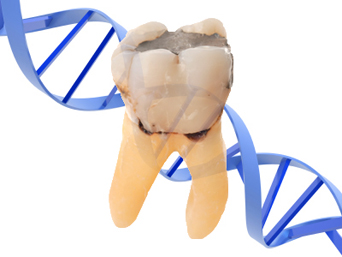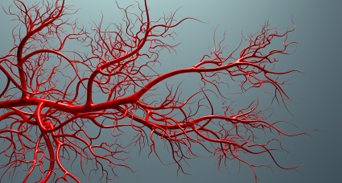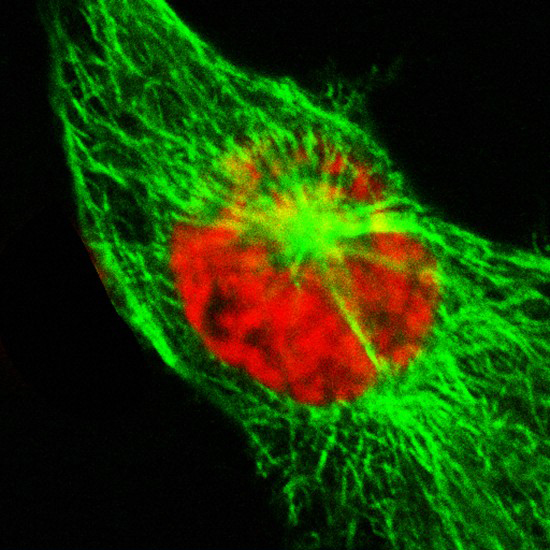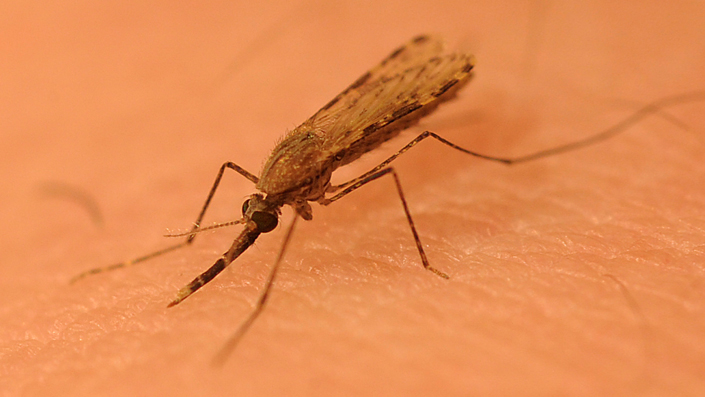Plos ONE
-

Therapies to prevent preterm birth
Vanderbilt researchers have developed a high-throughput assay that will aid in identifying new compounds to treat preterm labor or postpartum bleeding. Read MoreFeb 9, 2016
-

Scientific literature overstates psychotherapy’s effectiveness in treating depression
New analysis shows that the scientific literature paints an overly rosy picture of the efficacy of psychotherapy for depression comparable to the bias previously found in reports of treatments with antidepressant drugs. Read MoreSep 30, 2015
-

Framework for studying cell responses
Vanderbilt investigators have developed a framework for studying cellular responses that could be used to identify the agents driving a range of biological processes in health and disease. Read MoreAug 26, 2015
-

Origins of neuroblastoma
Vanderbilt researchers are exploring how neuroblastoma tumors begin and progress, knowledge that could provide new treatments for this pediatric cancer. Read MoreAug 12, 2015
-

Best hospital depends on cancer type
Best hospital rankings for cancer do not take into account the fact that cancer reflects many different diseases. Read MoreApr 22, 2015
-

Game theory reveals new ways to protect de-identified data
A new study from Vanderbilt introduces an adroit and flexible strategy to quash attacks on patient privacy and aid the flow of vital research data. Read MoreApr 2, 2015
-

Peptide quells “genomic storm”
A cell-penetrating peptide developed at Vanderbilt blocks the signaling pathways that lead to lethal shock caused by bacterial infection. Read MoreOct 28, 2014
-

Dioxin, fathers and preterm birth
Exposure of male mice to the pollutant dioxin causes preterm birth across multiple generations, suggesting that efforts to prevent preterm birth should include pre-conception interventions for dads. Read MoreSep 18, 2014
-

Probing the pathogenesis of leukemia
A new mouse model reveals gene clusters important in a treatment-resistant form of leukemia. Read MoreFeb 27, 2014
-

Probing mysteries of preterm birth
Understanding the relationship between the thinning and rupture of fetal membranes and the presence of bacteria could lead to treatment and prevention strategies for premature birth. Read MoreJan 24, 2014
-

HIV’s impact on B cells
Understanding how HIV infection affects immune system B cells may guide strategies for vaccine development. Read MoreJan 15, 2014
-

Gene interactions and cavities
Vanderbilt researchers used existing genome-wide association study datasets to identify gene interactions that contribute to tooth decay. Read MoreSep 30, 2013
-

Metabolic profiling of vision loss
A panel of metabolites – small molecules that are part of metabolic processes – that are unique to macular degeneration will shed light on the disease and aid diagnosis. Read MoreSep 27, 2013
-

Probing intestinal immune cell roles
A new in vitro system will allow investigators to explore how immune system T cells develop specialized functions. Read MoreAug 28, 2013
-

Tumor factor spurs blood vessel growth
A newly identified factor regulates blood vessel growth in colorectal tumors and could be a promising target for cancer therapies. Read MoreAug 26, 2013
-

Oxidative stress in autism
A biomarker for oxidative stress is elevated in patients with both autism spectrum disorder and gastrointestinal dysfunction, suggesting opportunities for individualized approaches to clinical care. Read MoreAug 14, 2013
-

Nuclear shield against cell death
The protein SARM appears to protect cells from inflammation-driven death by stabilizing the nuclear laminin scaffold. Read MoreAug 8, 2013
-

Chemical causes kidney failure in mosquitoes: study
Researchers are targeting a possible new weapon in the fight against malaria, science that could also be applied in the fight against other devastating mosquito-borne illnesses, according to a Vanderbilt study published in PLOS ONE. Read MoreMay 31, 2013
-

Lack of exercise not a factor in health disparities
Health disparities between white and black adults in the South are not connected to a lack of exercise but more likely related to other factors such as access to health care, socioeconomic status and perhaps genetics, according to a Vanderbilt study published in PLoS ONE. Read MoreApr 18, 2013
-

Plant compound stops colon cancer cells
Berberine, an herbal remedy for diarrhea and intestinal parasites, may be useful in colon cancer therapy. Read MoreMar 29, 2013